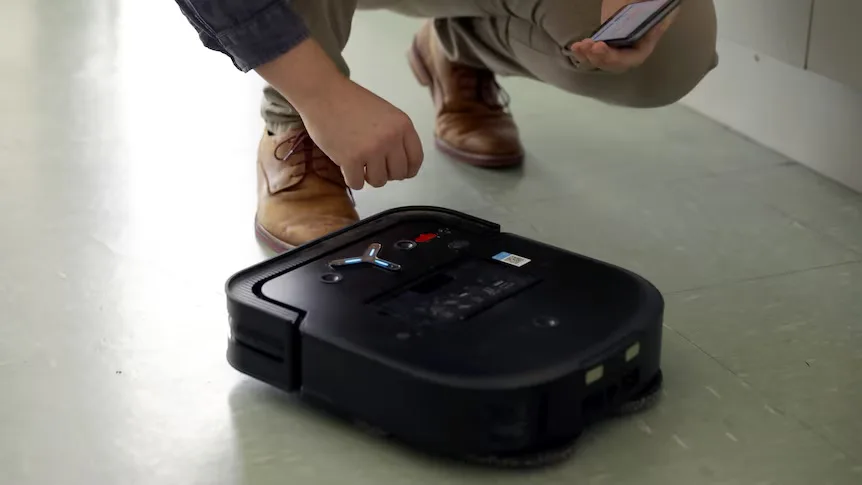📸🎙️ Shocking: Robot vacuums caught secretly collecting photos and audio to train AI, raising major privacy concerns.
Ecovacs, a Chinese home robotics company, has been collecting photos, videos, and voice recordings from its Deebot robot vacuums to train its AI models, despite users not being informed of the data collection. The company’s privacy policy allows for the blanket collection of user data for research purposes, including 2D or 3D maps of users’ homes, voice recordings, and photos or videos taken by the device’s camera.
Data Collection and Anonymization
When users opt into Ecovacs’ “Product Improvement Program” through the smartphone app, they are not told what data will be collected, only that it will help improve product functions. The company’s privacy policy states that even deleted data may continue to be held and used. Ecovacs claims to anonymize user information at the machine level, but cybersecurity experts question the effectiveness of this measure.
Cybersecurity Flaws
Ecovacs models have been found to be vulnerable to hacking from over 100 meters away, raising concerns about the security of the collected data. Cybersecurity researcher Dennis Giese reported critical flaws to the company last year, which it has committed to fixing in November. The company’s ability to protect user data is in doubt, leaving it vulnerable to corporate espionage or nation-state attacks.
AI Training and Data Collection
Ecovacs engineers have described the need for large amounts of data to train their AI models, which they have collected from various sources, including user data. The company’s AI models are used to improve the functionality of its robot vacuums. However, the collection of intimate photos and audio recordings raises privacy concerns, as seen in a similar incident with iRobot devices in 2022.
Privacy-Preserving Camera Technology
Researchers at the Australian Centre for Robotics have developed a privacy-preserving camera that scrambles images before digitization, preventing remote access to raw imagery. This technology could prevent similar data breaches in the future. While not yet commercially available, it highlights the need for better data protection in smart home devices.
Conclusion
Ecovacs’ data collection practices raise questions about user privacy and the security of sensitive information. As smart home devices become more prevalent, it is crucial to ensure that companies prioritize data protection and transparency in their product improvement programs.
(Citation: ABC News, “Insecure Deebot robot vacuums collect photos and audio to train AI,” October 4, 2024, by Julian Fell)


